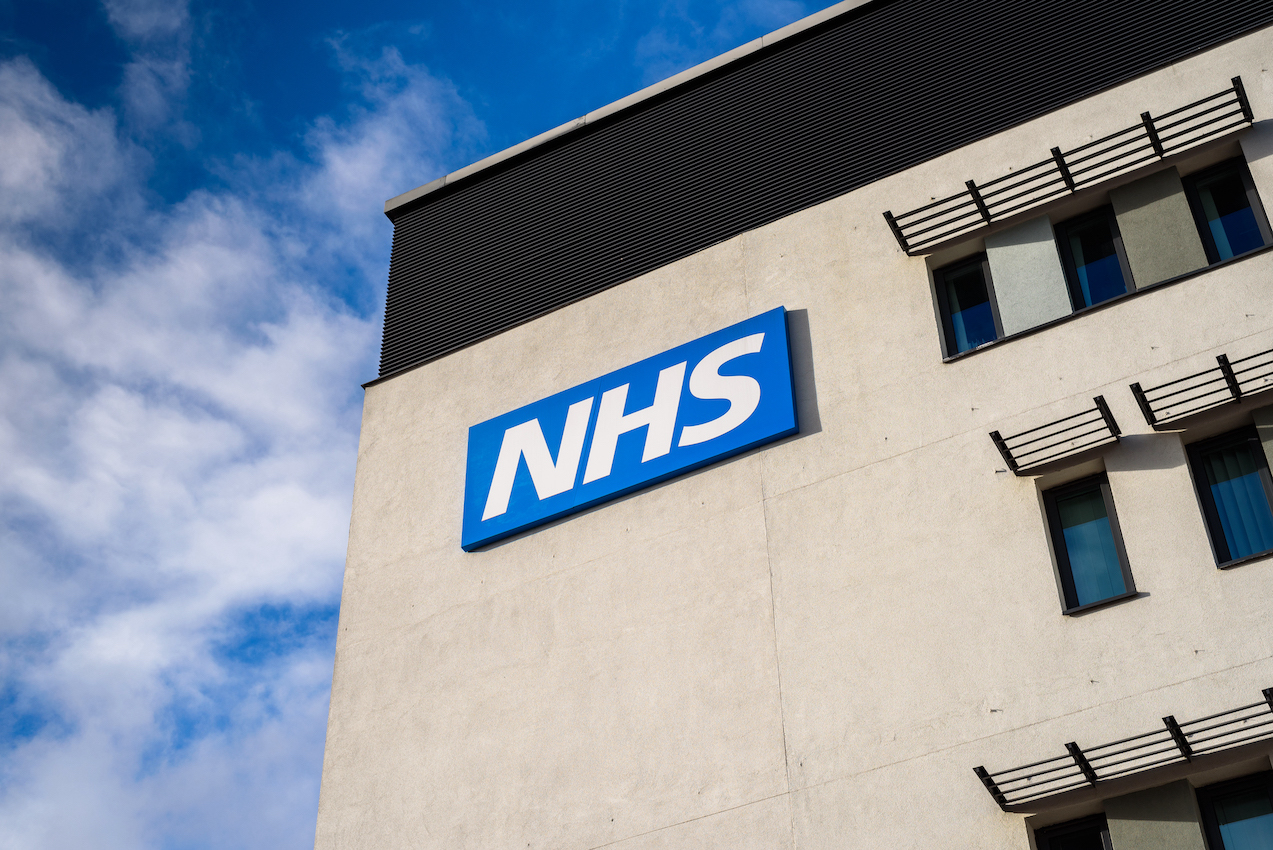The health secretary Steve Barclay has this morning accused health unions of “increasing militancy” as he justifies new plans to extend minimum service levels legislation to the NHS.
Barclay’s comments come as senior doctors walk out on strike today as part of a long running dispute over pay and conditions. Consultants and junior doctors will then strike for several more days this week as well as early next month.
After the Strikes (Minimum Service Levels) Act became law in July, consultations on minimum service levels have already run for ambulance staff, fire and rescue services and passenger rail workers.
The new regulations would mean doctors and nurses have to provide a certain level of cover after being issued with a “work notice” by employers on what is needed to maintain “necessary and safe levels of service”.


The rules are not expected to come into effect until next year but they are open to public consultation from today.
Senior doctors are walking out on 19 and 20 September, as well as 2, 3 and 4 October.
Junior doctors, who have staged 19 days of strike action since March, will also strike on 20, 21 and 22 September and 2, 3 and 4 October.
Consultants are walking out in a long-running dispute over pay on Tuesday and Wednesday this week as well as on October 2, 3 and 4.
Junior doctors, who have held 19 days of strike action since March, will walk out on Wednesday, Thursday and Friday this week, and October 2, 3 and 4.
Speaking to Sky News this morning, Steve Barclay said the government has accepted what the independent pay review body recommended, and also made “very significant changes to pension taxation”.
However, he added that ministers “also need to be fair to other workers across the public sectors”.
He said the demand from junior doctors for a 35 per cent pay rise is not reasonable or consistent with inflation targets — adding that today’s announcement on minimum service levels is about “how we protect time-critical hospital services”.
“We recognise the right to strike is important, but we’ve got to balance that with the right of patients to key treatments like chemotherapy, like dialysis,” he said.
The measure is “proportionate”, he insisted.
He also criticised the “increasing militancy” of unions and said the strikes have been timed “politically” to disrupt the Conservative Party conference next month.
Dr Vishal Sharma, chair of the consultants’ committee at the British Medical Association (BMA), has said that hospitals already ensure patient safety is prioritised when they take industrial action.
He said the government “should put its efforts into stopping the strikes rather than forcing people to stop striking”.
Also speaking to Sky News, he said: “Rather than trying to prevent people going on strike, the government should really be focusing on making sure it is valuing its staff properly so strike action isn’t being considered.
“There hasn’t been strikes in the NHS for a very long time, it really has come to this point because the government aren’t valuing its staff.”












